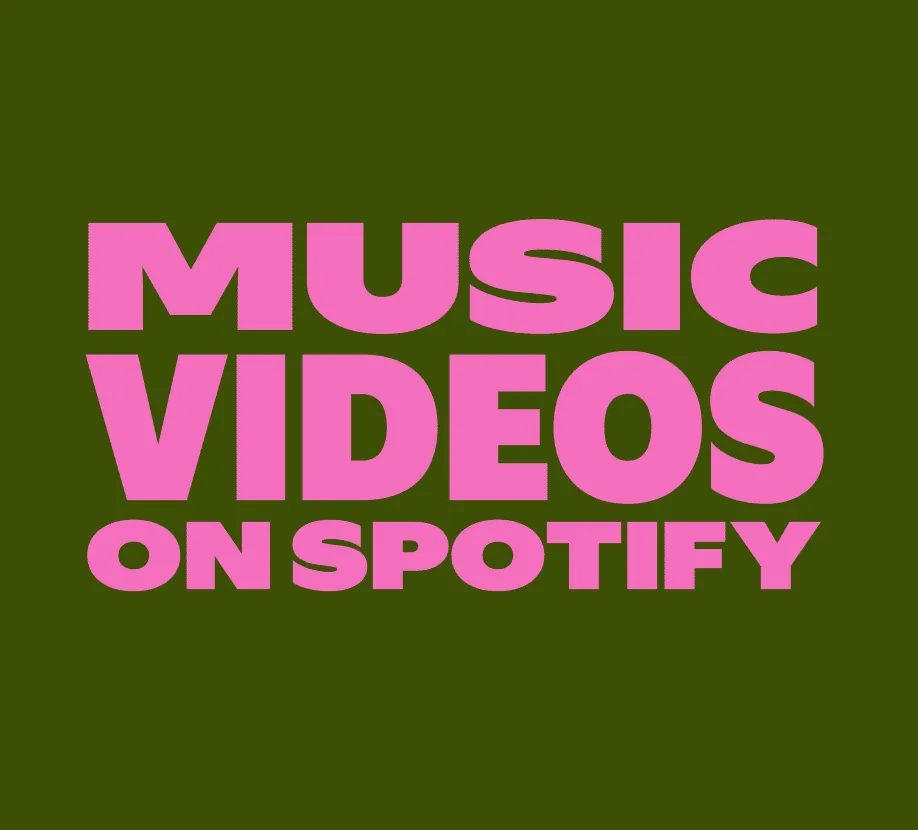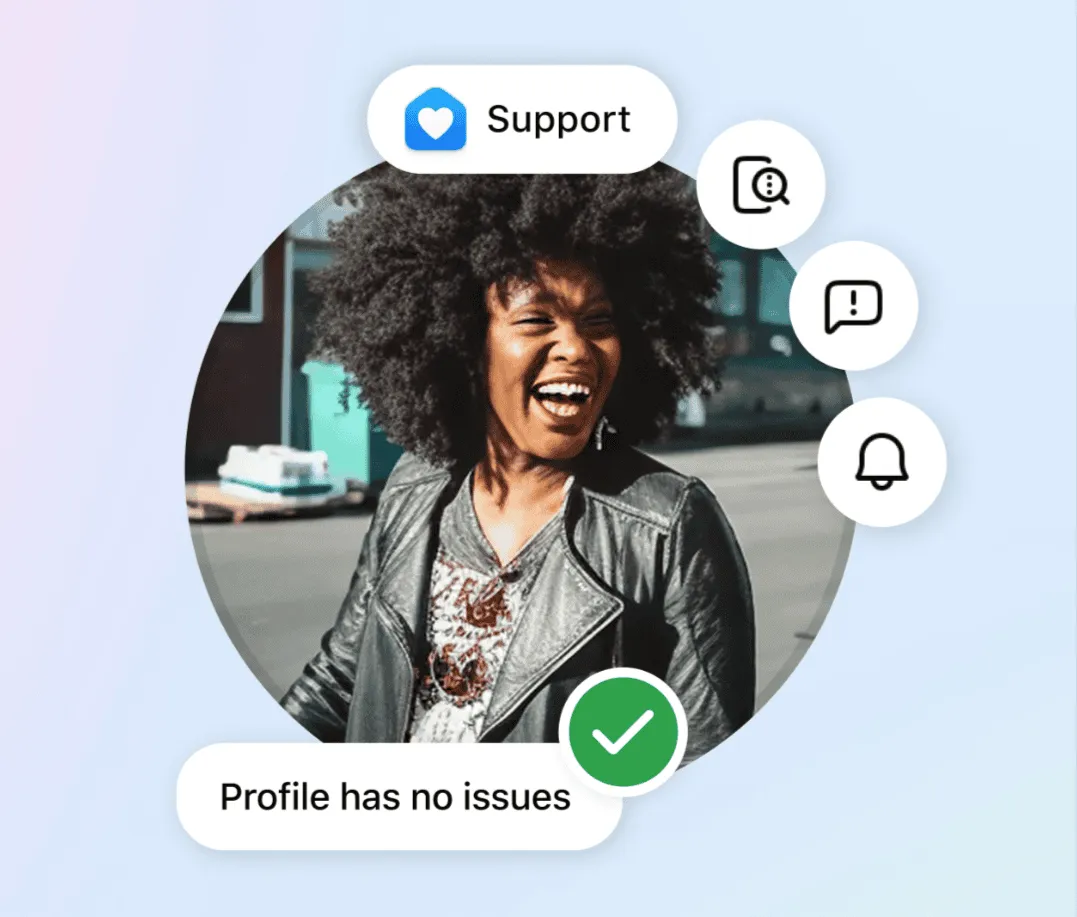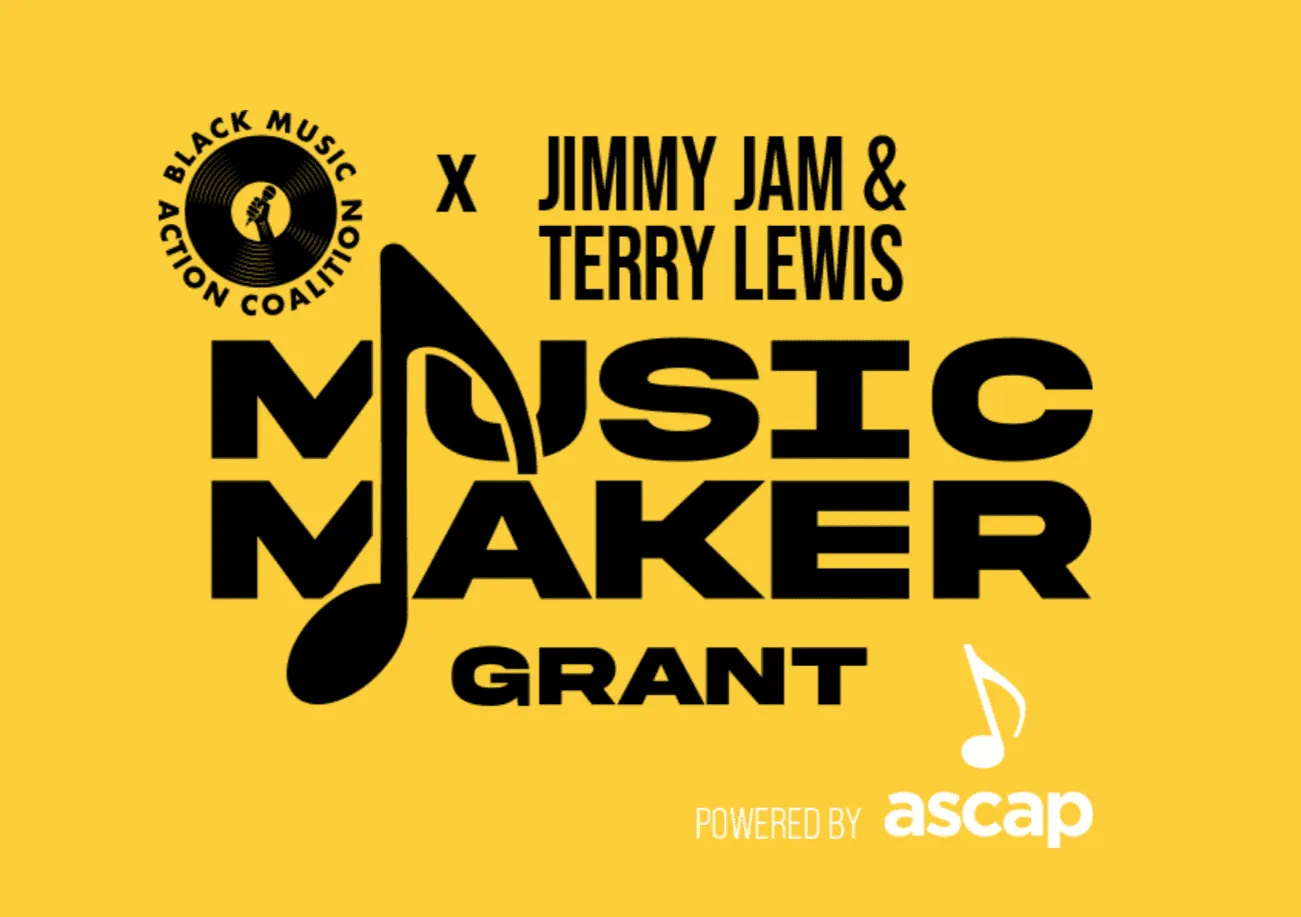In another blow against the majors and for privacy advocates, German courts have overturned an earlier decision and Usenet provider United Newsserver has prevailed against EMI.
The label tried to force United Nesserver to block access to music, but the court found that the company cannot be held responsible for the actions of Usenet users.
via P2P Blog




